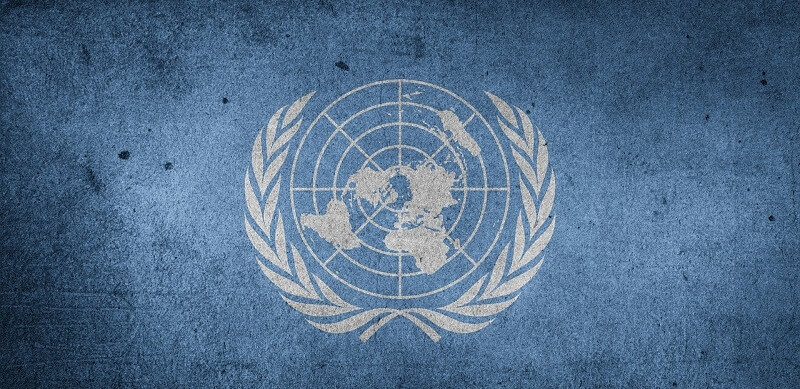The UN Human Rights Council has taken a significant step towards addressing the ethical and human rights implications of artificial intelligence (AI). In a resolution adopted by consensus, the council called for transparency in assessing the risks posed by AI, and for the responsible use of data harvested by these technologies. Additionally, the rapid growth of generative AI content has raised concerns, leading authorities to scramble to regulate these chatbots and ensure they do not pose a threat to humanity.
The Resolution’s Key Points
The resolution highlighted several key points aimed at safeguarding human rights in the realm of AI. Firstly, it emphasized the importance of “adequate explainability” in AI-supported decisions. Decision-making processes involving AI should be transparent, enabling individuals to understand how and why decisions were made. Moreover, the resolution stressed the need to consider human rights risks associated with AI technologies. As AI becomes more pervasive, it is crucial to address potential violations of human rights, such as privacy infringements or biased decision-making. Furthermore, the resolution called for the use of data in AI systems to be in line with international human rights law, ensuring that personal information is protected and not misused.
Adoption of the Resolution
The resolution was co-sponsored by Austria, Brazil, Denmark, Morocco, Singapore, and South Korea, and it was adopted by consensus in the 47-country UN Human Rights Council. However, China and India disassociated themselves from the consensus without demanding a vote, signaling their reservations without disrupting the outcome.
Addressing AI and Privacy
The resolution underscores the significance of protecting human rights throughout the life cycle of AI systems. South Korean ambassador Yun Seong-deok acknowledged the importance of this resolution, emphasizing the need to ensure, promote, and protect human rights in the development and deployment of AI technologies. This sentiment echoes the concerns raised by many stakeholders about the potential ethical ramifications of AI.The US ambassador, Michele Taylor, welcomed the resolution as a step forward for the council, demonstrating the consensus on the need for responsible AI practices. This highlights the recognition that AI brings immense potential but also requires thoughtful guidelines to mitigate risks and safeguard human rights.
Concerns over Technology and Human Rights
British ambassador Simon Manley expressed deep concerns over the use of technology to impede human rights, including freedom of expression, association, and peaceful assembly. He also underscored the right to privacy that should not be interfered with. As the capabilities of AI continue to advance, it becomes imperative to strike the right balance between technological progress and the protection of fundamental human rights.
The UN Human Rights Council’s resolution on AI transparency and responsible data usage is a significant milestone in addressing the ethical and human rights challenges posed by AI technologies. The resolution’s key points, including adequate explainability, consideration of human rights risks, and alignment with international human rights law, underscore the need for responsible AI practices.

